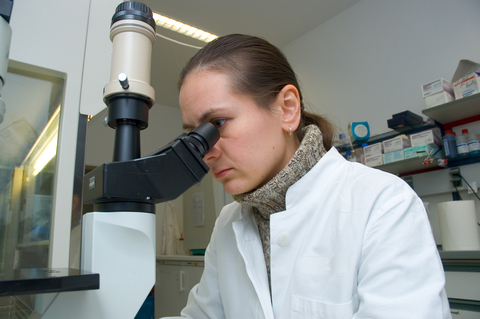Revenues pass £40m at EKF Diagnostics

Revenues at EKF Diagnostics have passed £40m, with the medical company confident of steady and sustainable growth.
Insider Media reports Penarth-headquartered EKF recorded revenues of £41.6m for the full year to December 31st 2017, up from £38.6m in 2016 in part because of the fall in the value of sterling. Adjusted earnings (EBITDA) also increased, up to £9.3m from £6.1m in 2016.
During the year the company closed a manufacturing plant in Poland to help improve efficiency, and reduced its number of locations from twelve down to seven, with production moving to Barleben in Germany.
Julian Baines, chief executive, said “It is pleasing to be able to report a strong set of results for 2017. In particular, cash generation has once again been very strong, with net cash growing from £2.2m to £7.0m during the year, despite spending £1.4m on capital expenditure and £1.5m on the cancellation of share options. We are looking forward to finalising our two FDA (Food & Drug Administration) applications in the first half of 2018, and to update on progress with our sTNFR project. At the same time, we anticipate receiving completed registrations for Beta Hydroxybutyrate (β-HB) in Mexico, Brazil and Colombia as well as the Indian registration of DiaSpect Tm all in the first half of 2018. We are continuing to work hard to increase efficiency and reduce costs by investing in automation and streamlining processes. We are confident that we will continue to see growth in the business on a steady and sustainable basis.”
Chief operating officer, Richard Evans, said “Revenue for the year was £41.6m, an increase of 8 per cent. 6.6 per cent of the increase was the result of improvements in foreign currency exchange rates, largely because of a further fall in the average value of sterling against the US dollar and Euro especially in the first half of the year. The remainder of the increase comes from organic growth. Of the increase in adjusted EBITDA of £3.2m, £0.6m is attributable to the effect of more favourable exchange rates, with the remainder being attributable to improved underlying performance.”








